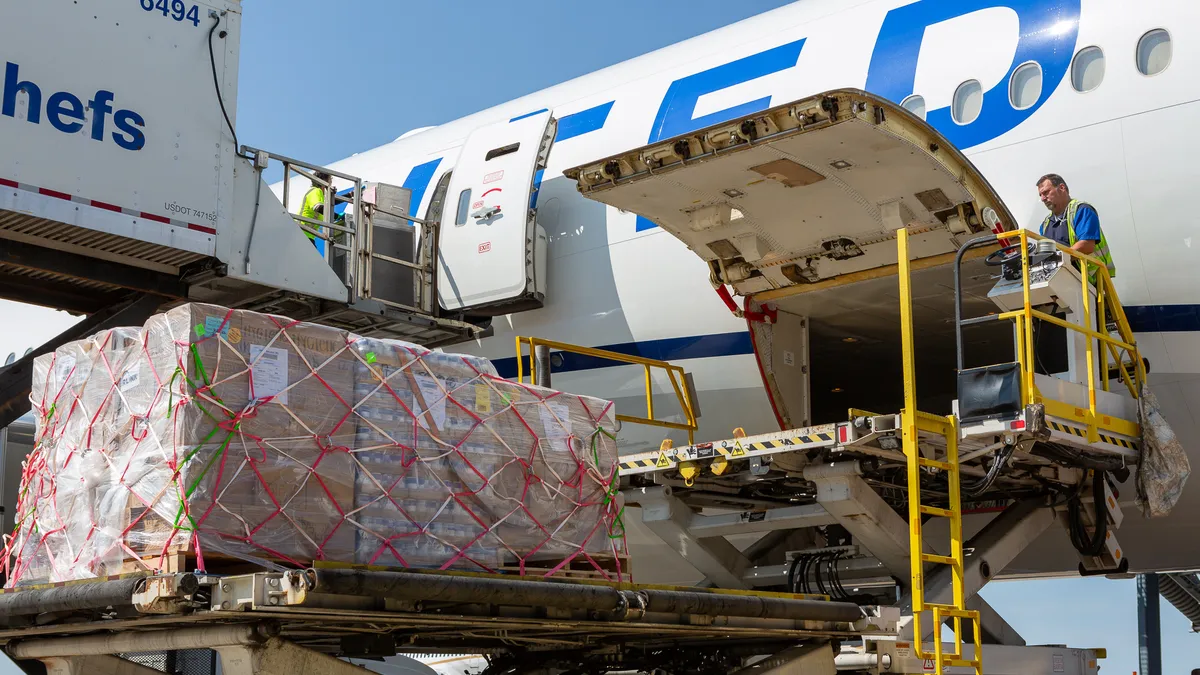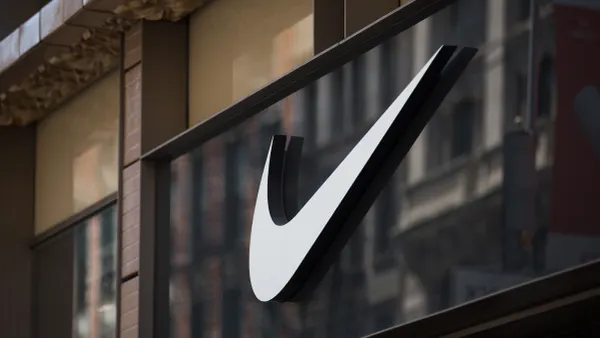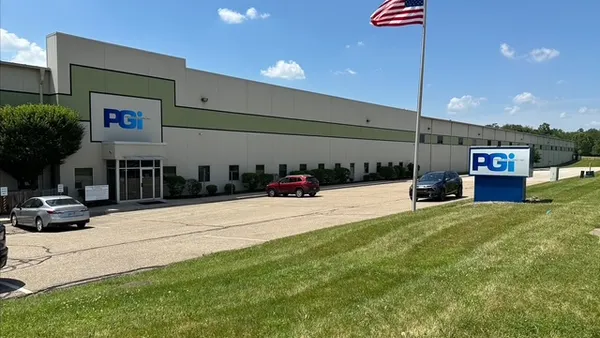Dive Brief:
- Over the past 18 months, Lineage Logistics has finalized 10 acquisitions spanning 24 locations in the U.S. according to an announcement Tuesday. Some of the assets have already been integrated into Lineage Logistics' network, while the remainder will be integrated by the end of the year.
- The acquisitions, which encompass 5.5 million square feet and 153 million cubic feet of capacity, focus on adding "capacity and services in key markets," Greg Lehmkuhl, president and CEO of Lineage Logistics, said in a statement. They include Southern Cold Storage facilities in Gadsen, Alabama, and Baton Rouge, Louisiana; Allied Frozen Storage locations in upstate New York; Western Distribution Services locations in Washington State and a location at the Port of Seattle, among others.
- Lineage’s recent acquisition spree "is in response to growing demand for cold storage, which is supported by strong population growth, changing consumer food preferences and increasing demand for the services of third-party logistics providers as the food supply chain becomes increasingly complex," according to the release.
Dive Insight:
The news comes shortly after Lineage acquired Ontario Refrigerated Services in July, its first move into Canada, according to a press release. This brings the company's global footprint to over 300 facilities in 13 countries, with 1.9 billion cubic feet of temperature-controlled capacity, the company said.
Americold Logistics recently signed off on an $85 million acquisition of AM-C meat and protein distribution and warehousing facilities in Dallas-Fort Worth, Texas, according to the company's second quarter earnings call. Americold CEO Fred Boehler said the company is diversifying its portfolio "by geography, customer, commodity type, facility type and node in the supply chain," to maintain resiliency throughout the pandemic.
Demand for cold warehousing space was already on the rise before the pandemic, but consumer shifts to e-commerce and online grocery purchases have accelerated this trend.
"Whether purchase[d] just online or in person, grocery still move[s] through the traditional supply chain infrastructure," Boehler said on the call, noting that "grocery stores, due to their location with targeted populations, remain by far the best place for grocers to service last-mile logistics."
As shippers look to hold more inventory closer to customers, some have invested in urban warehousing facilities, which enables faster last-mile delivery.
In addition, as the U.S. and other countries prepare for the eventual approval and distribution of a COVID-19 vaccine, access to temperature-controlled facilities across the U.S. will be critical given the heat-sensitive nature of pharmaceuticals.














